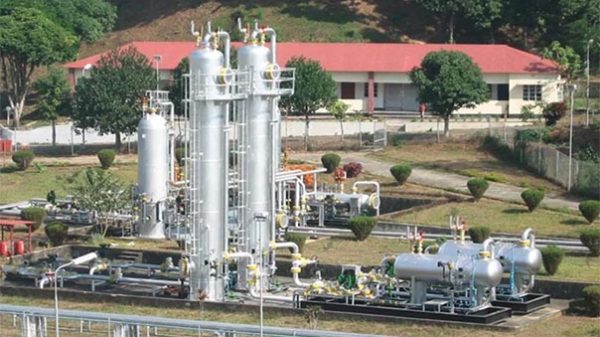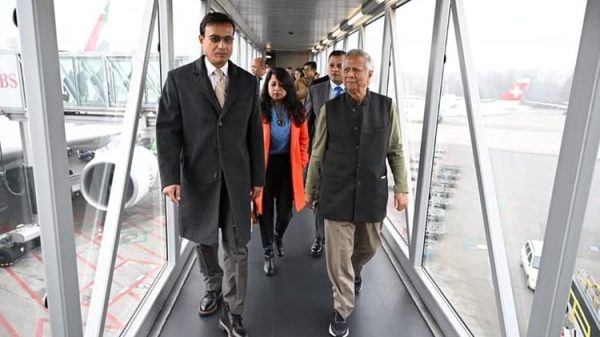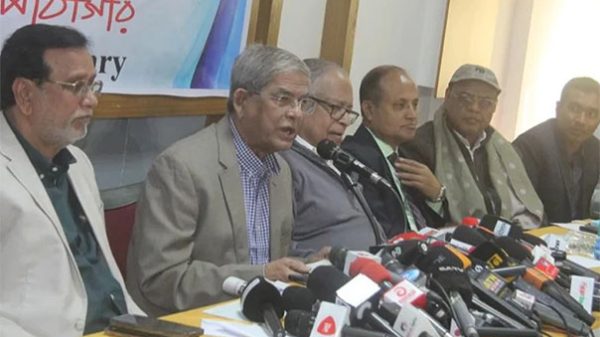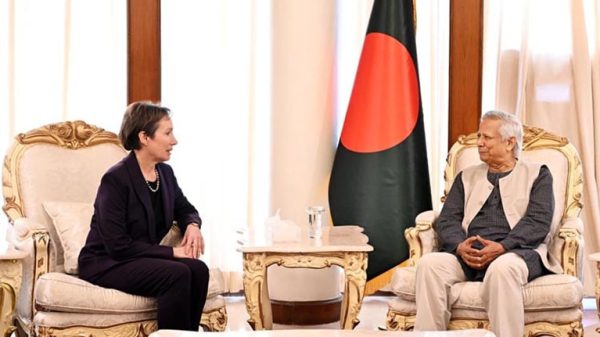Government plans to drill 100 gas wells to alleviate crisis

- Update Time : Saturday, 21 December, 2024, 03:19 pm
- 15 Time View

Online Desk : The government of Bangladesh has unveiled an ambitious plan to tackle the ongoing gas shortage and reduce its reliance on costly LNG imports by drilling 100 new and existing gas wells between 2025 and 2028. The move aims to enhance domestic gas production and ensure a steady supply to industries, power generation, and residential areas. Bangladesh’s industrial sector, particularly key areas like Dhaka, Savar, Ashulia, Gazipur, Narayanganj, and Chattogram, has been severely impacted by the ongoing gas shortage, leading to factory closures and disruptions in production. The gas crisis has also affected power generation and fertilizer production, worsening the economic situation. The government’s initiative to drill new gas wells is seen as a crucial step toward alleviating the industrial sector’s challenges.
Dr Md Mostafizur Rahman, the member of the Industry and Energy Division at the Planning Commission, emphasized the target of drilling 35 wells by 2025, with full completion by 2028. Bangladesh is facing a growing deficit in its domestic gas production, with a daily demand of 4,000 mmcfd, while current output is just 2,000 mmcfd. LNG imports, which account for 1,000 mmcfd, are falling short, contributing to the crisis. The government aims to reduce LNG reliance and tackle this deficit through its gas exploration and drilling plans.
Gas theft and wastage remain significant challenges, with an estimated Tk12,000 crore worth of gas lost annually. In response, the government has launched crackdowns, disconnecting illegal gas connections, including 5,000 in Keraniganj. The government has pledged to expand these operations across other industrial zones. Experts suggest that increasing energy efficiency could significantly reduce the need for LNG imports. Research shows that improving the efficiency of self-produced power plants in the industrial sector could reduce imports by up to 50.18 billion cubic feet annually.
The government’s plan to drill 100 new wells, coupled with ongoing efforts to combat gas theft and improve energy efficiency, is expected to ease the gas crisis and reduce reliance on costly LNG imports. Successful implementation of these initiatives could revitalize the industrial sector and bolster the country’s economy.










